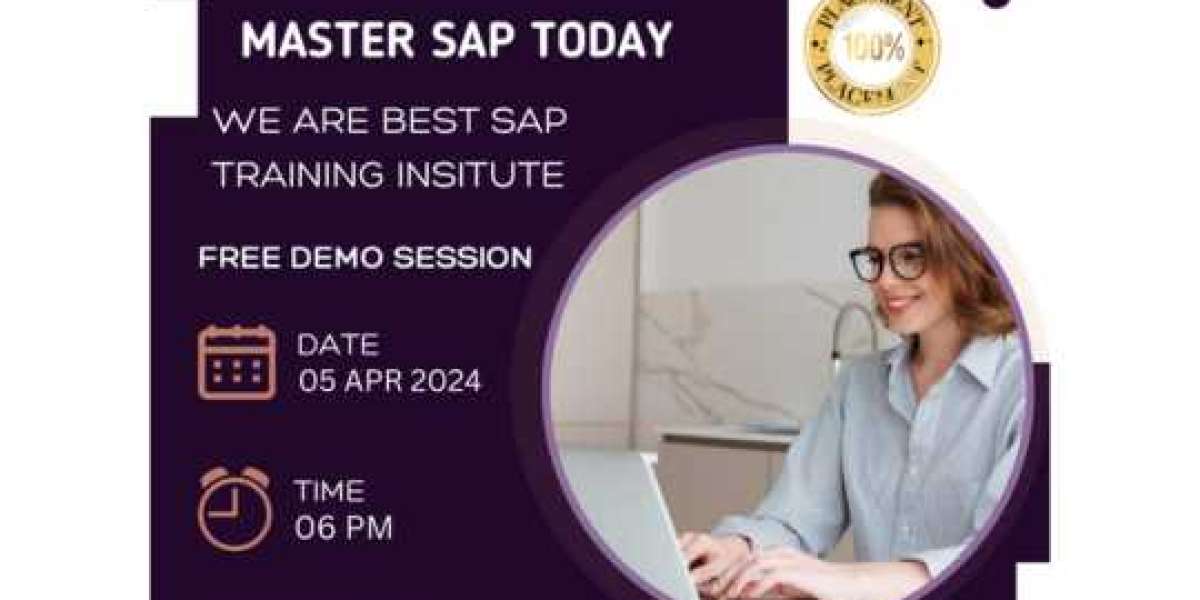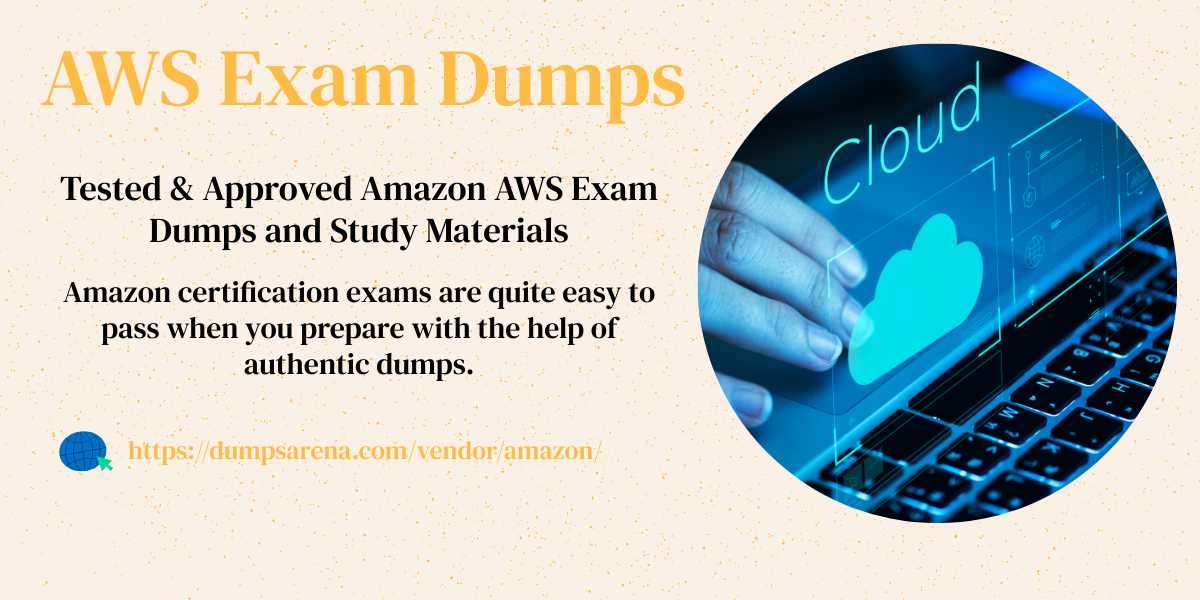1. Understanding the Importance of Customer-Vendor Integration with SAP: Customer-vendor integration lies at the heart of efficient supply chain management and business operations. By seamlessly connecting customers and vendors through a centralized platform, organizations can enhance communication, streamline transactions, and foster stronger relationships. SAP offers comprehensive solutions tailored to meet the diverse needs of businesses across various industries. From order processing and inventory management to invoicing and payment reconciliation, SAP provides a suite of tools to optimize the entire procurement process.
SAP courses equip professionals with the knowledge and skills needed to leverage SAP effectively for customer-vendor integration. Through hands-on training and practical exercises, participants learn how to configure SAP modules, customize workflows, and troubleshoot issues, thereby enhancing their ability to drive value for their organizations.
Visit Us https://connectingdotserp.in/
2. Enhancing Collaboration Through SAP Integration: Effective collaboration between customers and vendors is essential for meeting customer demands, reducing lead times, and improving overall operational efficiency. With SAP, organizations can create a unified platform where stakeholders can access real-time information, collaborate on projects, and track progress seamlessly. By integrating SAP with other systems such as customer relationship management (CRM) and supplier relationship management (SRM) tools, businesses can achieve greater visibility and control over their entire value chain.
SAP courses provide insights into best practices for integrating SAP with third-party applications, enabling organizations to maximize the benefits of their ERP investments. Whether it's configuring interfaces, implementing middleware solutions, or designing data exchange protocols, SAP professionals can leverage their expertise to orchestrate seamless integrations that drive business success.
Enquiry Now https://connectingdotserp.in/#enquiry
3. Streamlining Procurement Processes with SAP: Procurement is a critical function that directly impacts an organization's bottom line. By automating and optimizing procurement processes with SAP, businesses can reduce costs, minimize errors, and accelerate cycle times. SAP's procurement modules encompass a wide range of functionalities, including supplier management, sourcing, purchasing, and contract management.
SAP courses delve into the intricacies of SAP's procurement modules, equipping professionals with the knowledge to design efficient procurement processes tailored to their organization's needs. From configuring procurement settings to implementing strategic sourcing strategies, SAP professionals can leverage their expertise to drive procurement excellence and deliver tangible value to their organizations.
Read More https://connectingdotserp.in/what-identifies-sap-s-4hana-from-sap-ecc/
4. Ensuring Compliance and Risk Management: In today's regulatory landscape, compliance and risk management are top priorities for businesses across industries. SAP offers robust tools and functionalities to help organizations mitigate risks, ensure compliance with regulatory requirements, and uphold ethical standards throughout their supply chains. From monitoring supplier performance to implementing internal controls, SAP enables businesses to proactively identify and address potential risks before they escalate.
SAP courses cover key aspects of compliance and risk management within the SAP ecosystem, empowering professionals to develop and implement robust risk mitigation strategies. By staying abreast of industry regulations, emerging trends, and best practices, SAP professionals can play a pivotal role in safeguarding their organizations' interests and fostering a culture of integrity and accountability.
Conclusion: In conclusion, SAP plays a pivotal role in facilitating seamless customer-vendor integration, enabling organizations to optimize their supply chain processes and drive business growth. By investing in SAP courses, professionals can acquire the knowledge and skills needed to harness the full potential of SAP and deliver tangible value to their organizations. Whether it's streamlining procurement processes, enhancing collaboration, or ensuring compliance and risk management, SAP offers a comprehensive suite of solutions to meet the diverse needs of modern businesses. Embrace the power of SAP today and embark on a journey towards greater efficiency, innovation, and success.








